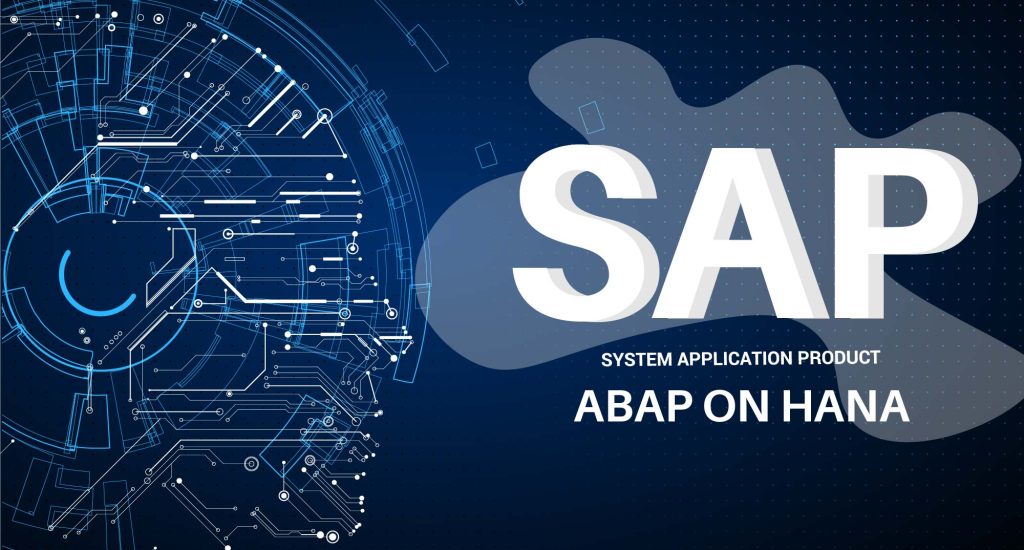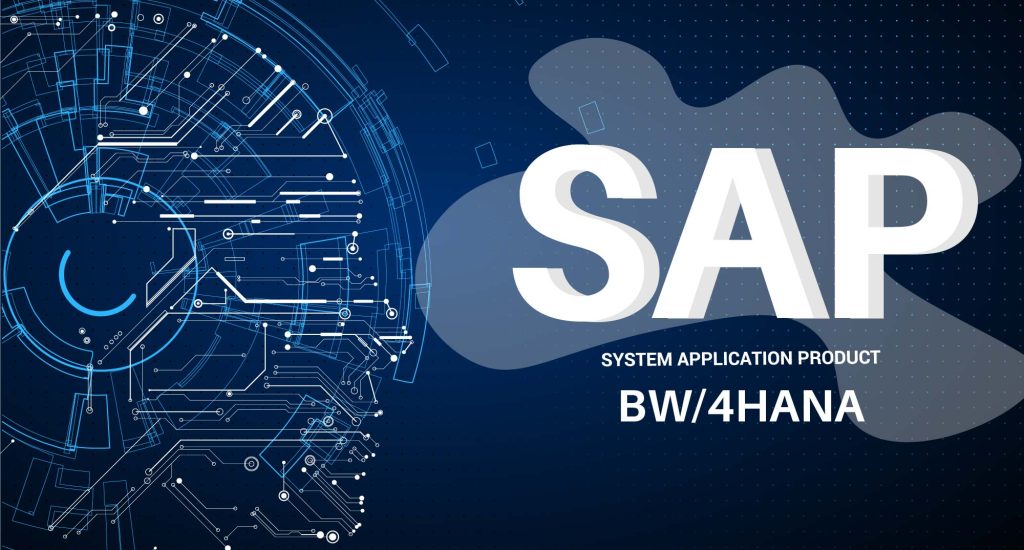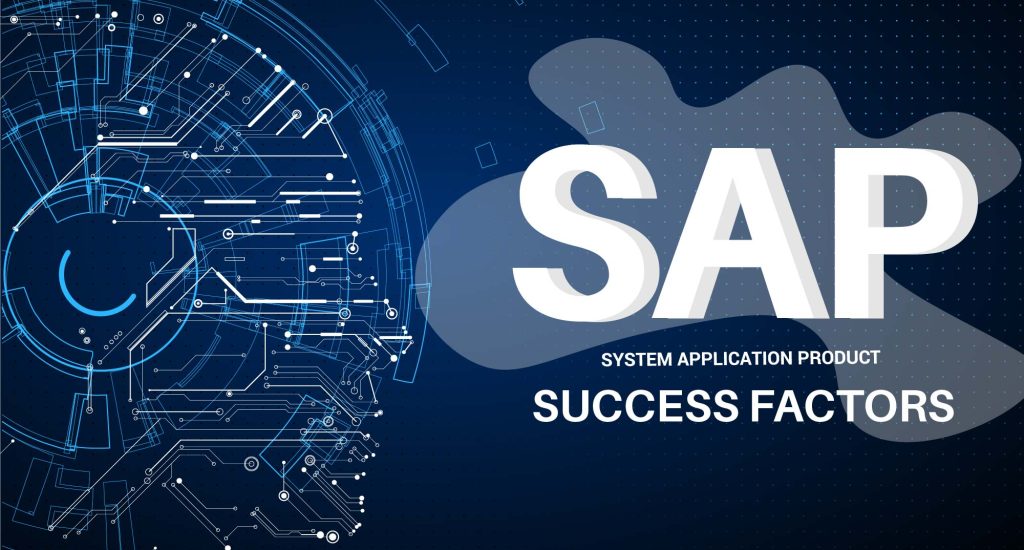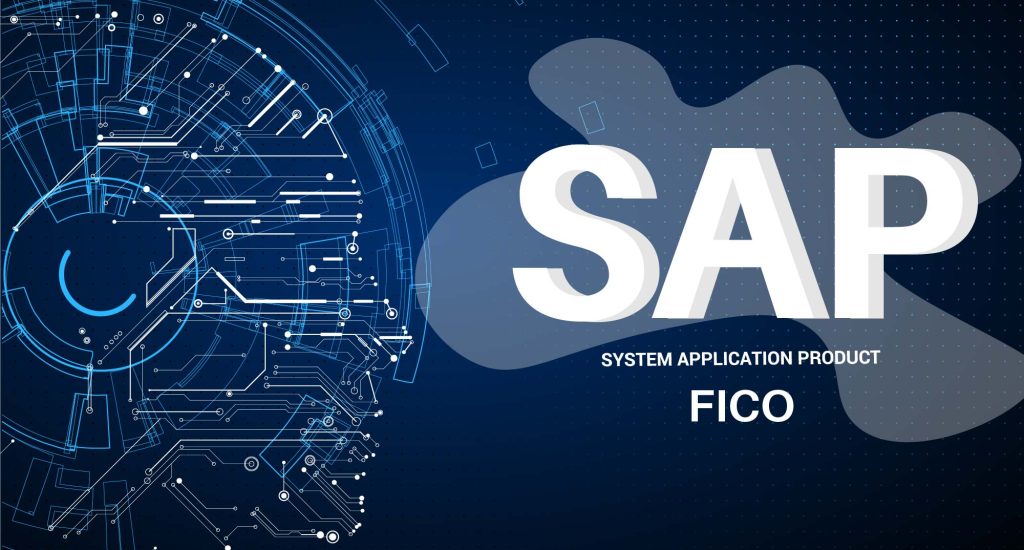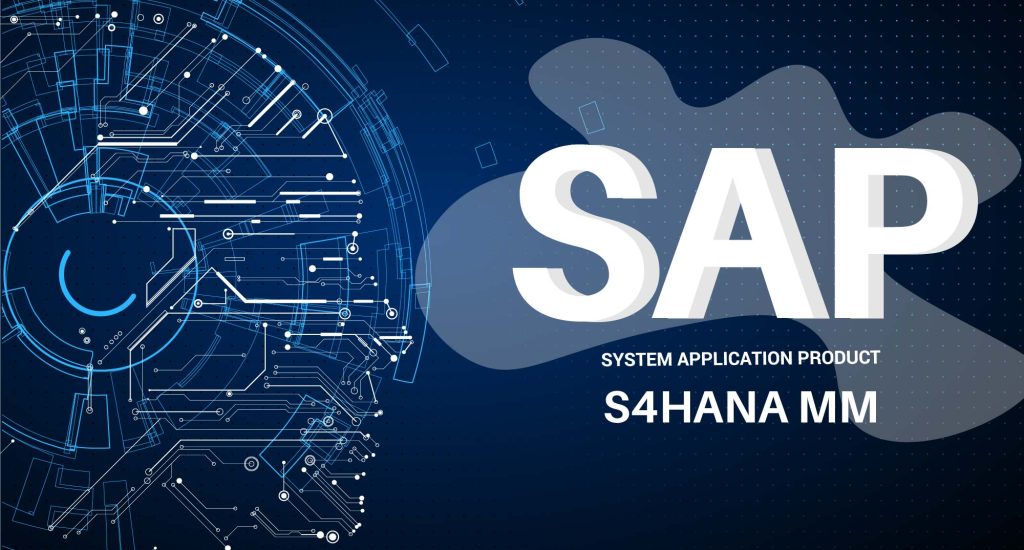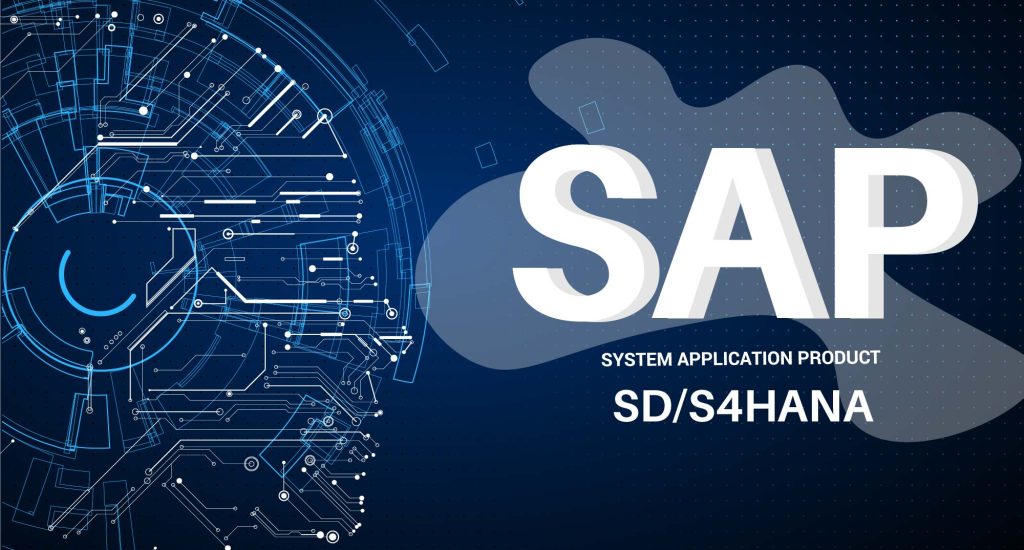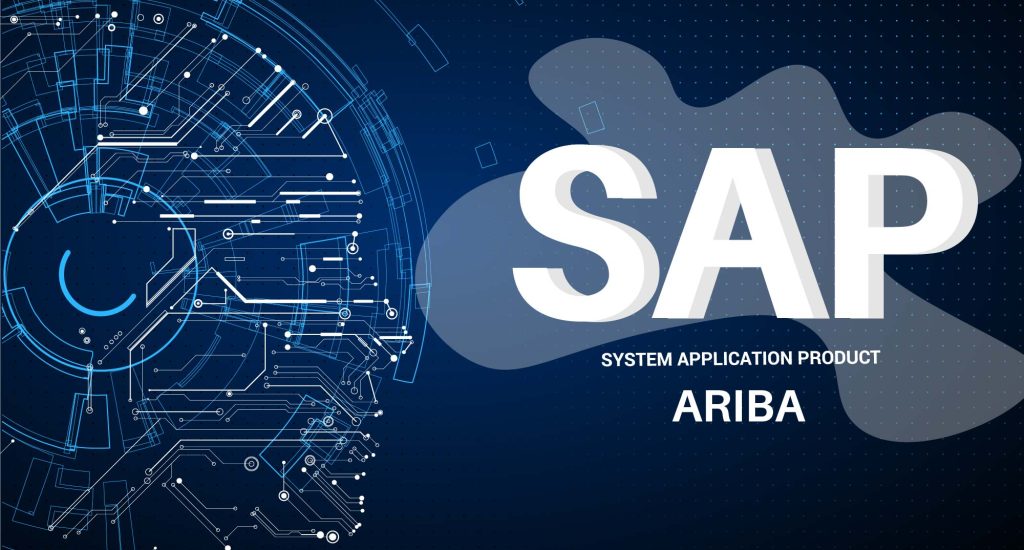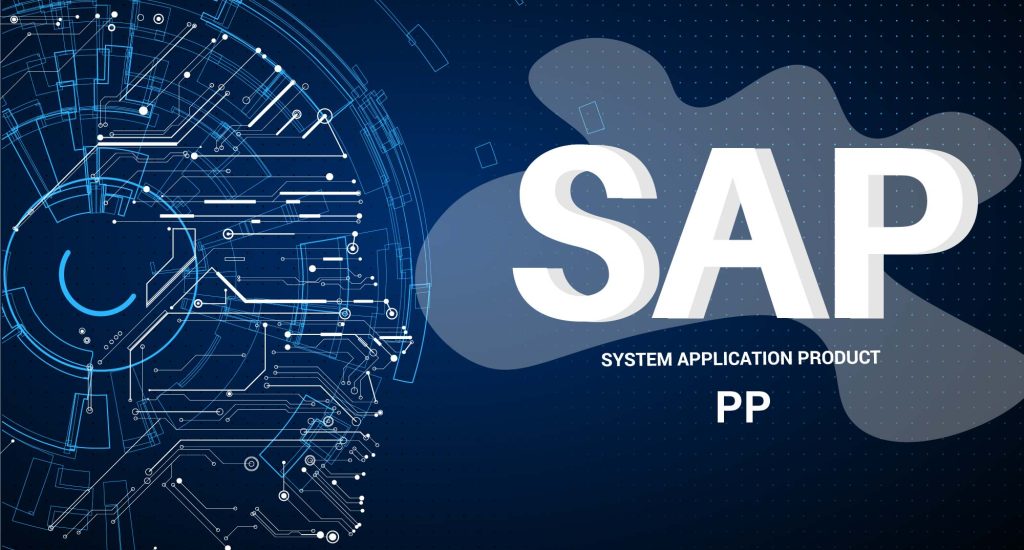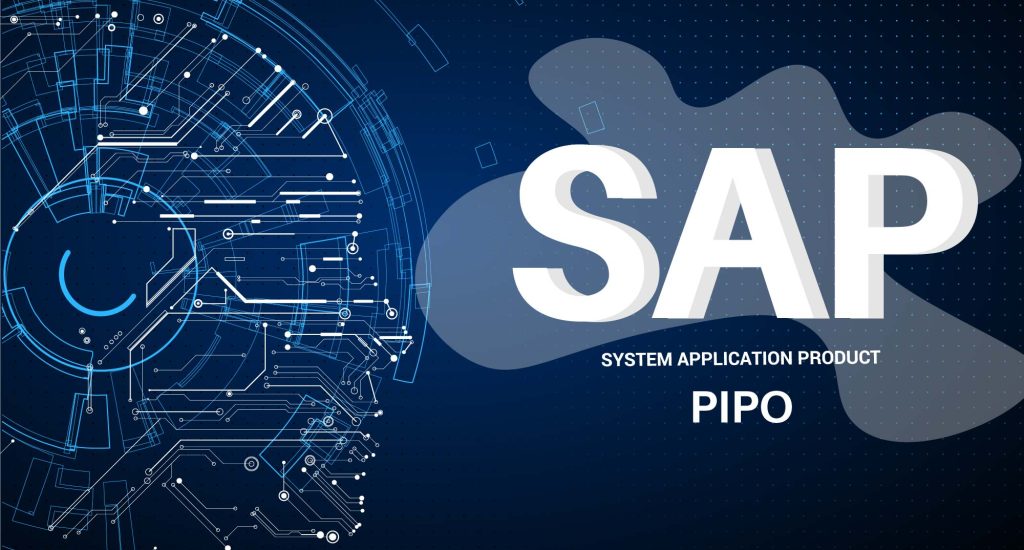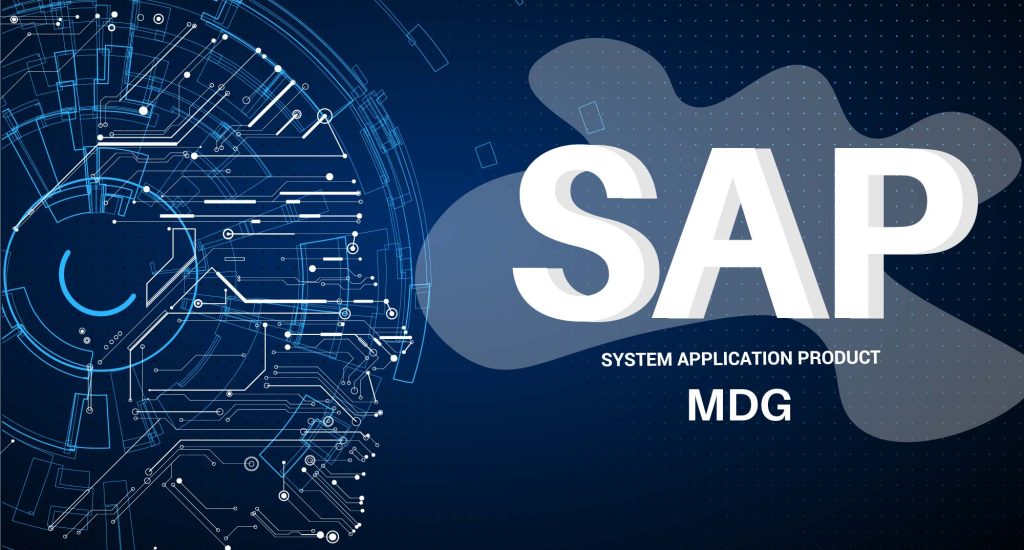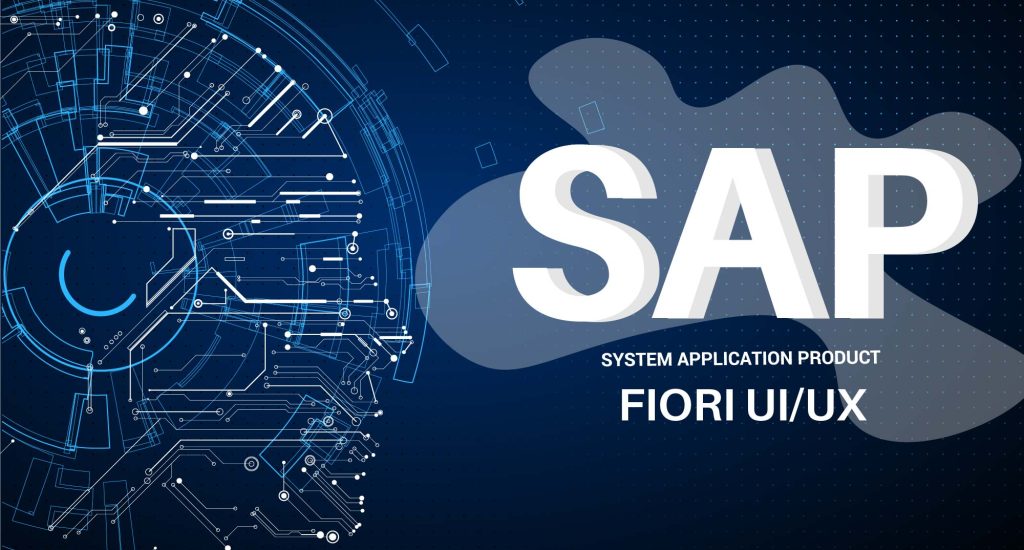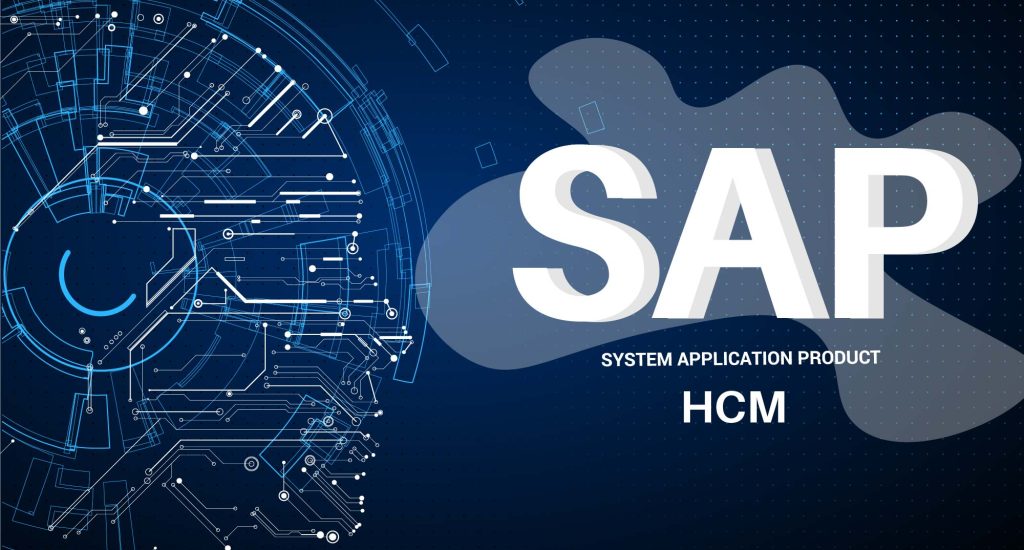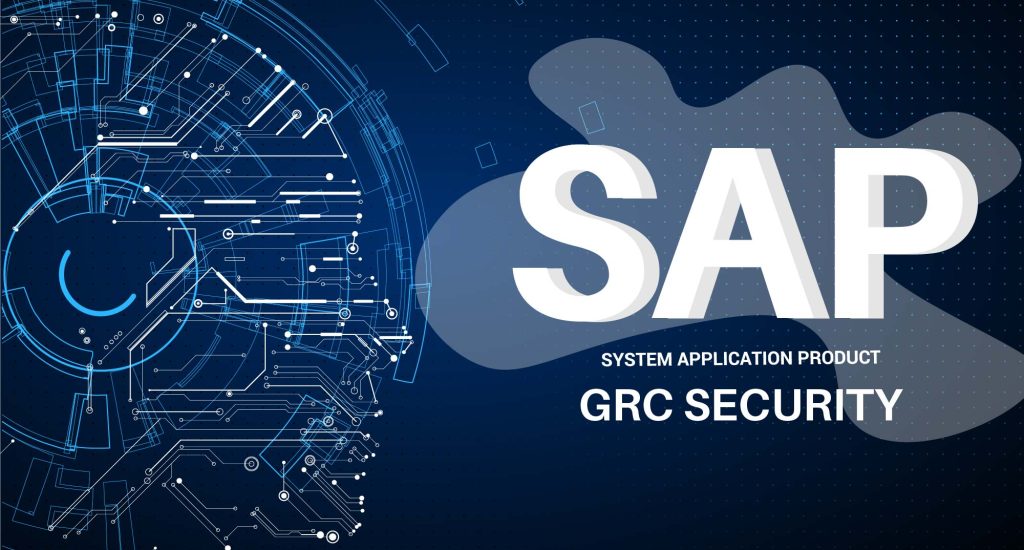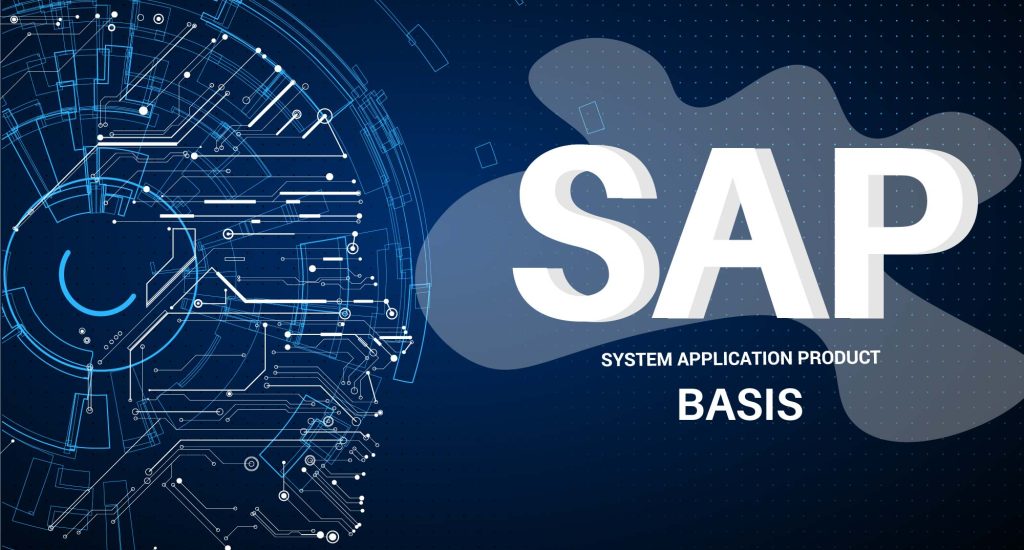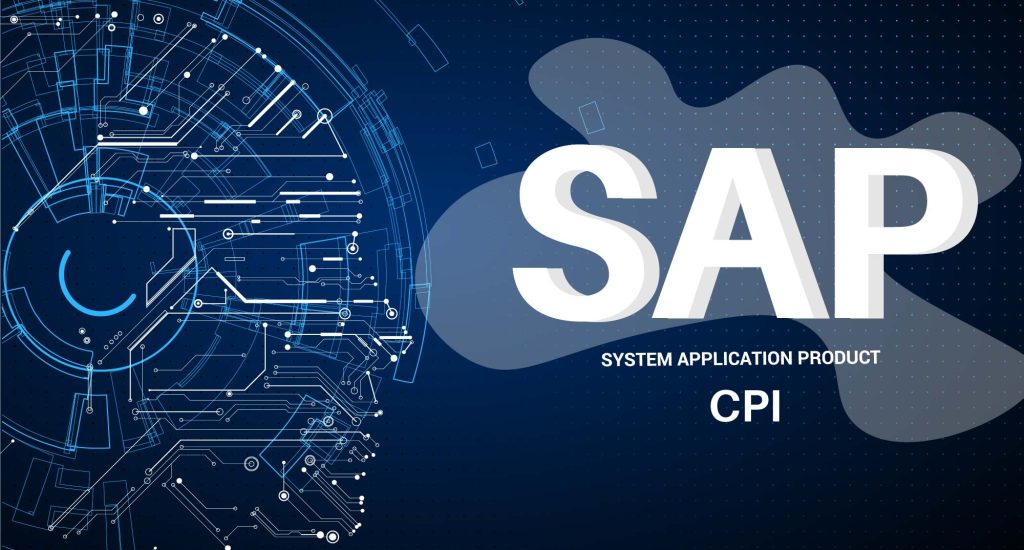SAP Course in Noida: Empowering Your Career at Future Labs Technology
Become SAP-Savy at our renowned SAP course training institute
Course Duration
60 Hrs.
Live Project
2 Project
Certification Pass
Guaranteed
Training Format
Live Online /Self-Paced/Classroom
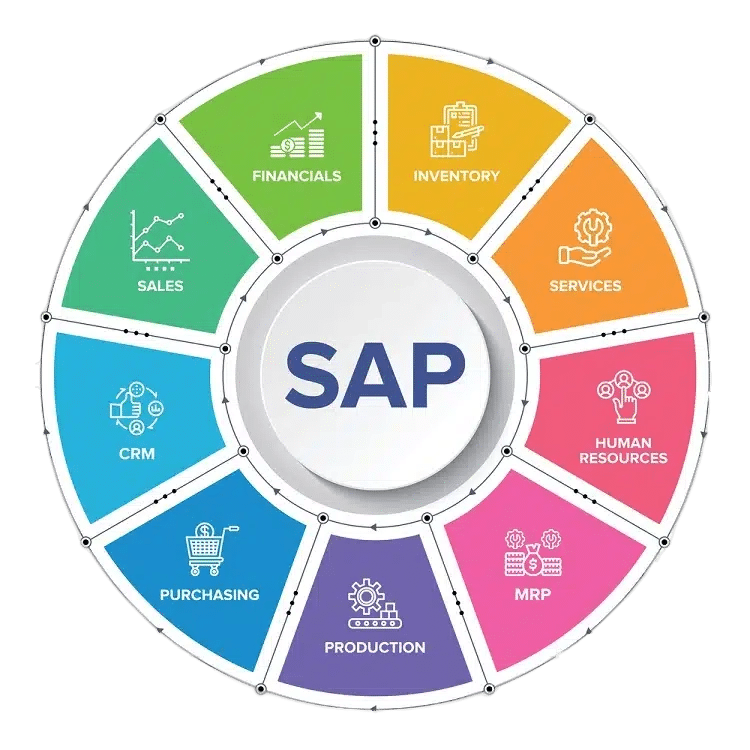
100+
Working Professionals Trainers
50+
Global Townhall Exposure
10,000+
SAP Trainee
1,000+
Placed SAP Consultant in the Market.
Overview
Welcome to Future Labs Technology, your gateway to unique SAP training in Noida! If you are interested in improving your skills and starting a rewarding career in the world of SAP, you have come to the right place. Our SAP course in Noida is designed to empower individuals with the knowledge and experience required to thrive in the dynamic field of enterprise resource planning.
Embark on a transformative journey with our SAP course at Future Labs Technology in Noida. Designed for individuals looking to advance in the competitive world of enterprise resource planning, our SAP training program is designed to equip you with the skills and knowledge necessary for success.
Request More information
About SAP Course in Noida
1. Comprehensive Module Coverage:
- Gain proficiency in various SAP modules including Finance and Control (FICO), Human Capital Management (HCM), Materials Management (MM), Business Warehouse (BW), Advanced Programming (ABAP), Sales and Distribution (SD) and more.
2. Practical Experience:
- Gain practical skills through hands-on training with the latest SAP systems, ensuring a seamless transition from theory to real-world application.
3. In-depth understanding:
- Develop a deep understanding of SAP applications covering key concepts such as financial accounting, human resource management, supply chain processes, data analytics, and customer relationship management.
4. Problem-Solving Efficiency:
- Enhance your problem-solving abilities by working on real-world SAP scenarios, which prepares you for the challenges of dynamic business
- Attractive Job Opportunities:
- Unlock myriad career opportunities in industries ranging from finance and IT to manufacturing and healthcare, as SAP skills are in high demand across a variety of sectors.
- Roles in Industries:
- Explore roles like SAP Consultant, SAP Analyst, SAP Project Manager, and SAP Developer, which offer a versatile career path tailored to your interests and expertise.
- Global Recognition:
- Avail globally recognized SAP certification to expand your career prospects not only in Noida but globally. Many multinational corporations prefer candidates with SAP expertise, giving you an edge in the international job market.
- Competitive Salary:
- Benefit from competitive salaries, as SAP professionals are among the highest paid in the industry. Your investment in SAP training is a strategic step toward an economically rewarding career.
At Future Labs Technology, we take pride in being the best SAP institute in Noida. Our commitment to providing high quality SAP training sets us apart from the rest. Here's why you should choose us:
1. Expert Trainer:
Our SAP trainers are seasoned professionals with extensive industry experience. They bring real-world insight into the classroom, ensuring you gain practical and up-to-date knowledge.
2. Comprehensive Curriculum:
Our SAP course in Noida covers a wide range of modules, giving you a comprehensive understanding of SAP applications. From SAP Finance and Controlling (FICO) to SAP Human Capital Management (HCM), we have you covered.
3. Practical Experience:
We believe in practical learning approach. Our students have access to state-of-the-art SAP systems, allowing them to apply theoretical concepts in a practical setting. This practical experience is invaluable in preparing you for real-world scenarios.
4. Placement Assistance:
As the best SAP institute in Noida, we understand the importance of achieving a fulfilling career after training. Our dedicated placement assistance program connects you with top recruiters in the industry, increasing your chances of landing your dream job.
1. Industry relevance:
- Stay ahead in the competitive job market by acquiring skills directly relevant to the needs of industries around the world.
2. Efficient business operations:
- Discover how SAP streamlines business processes, enabling organizations to drive greater efficiency, transparency and data-driven decision making.
3. Integration of Innovation and Technology:
- Embrace innovation by understanding how SAP integrates emerging technologies such as artificial intelligence and blockchain into business operations.
4. Adaptability to market trends:
- Gain a competitive advantage by staying abreast of industry trends and emerging technologies, establishing yourself as an invaluable asset to any organization.
Call Us
(+91)- 9310516468, 0120-4564145
WhatsApp Us
(+91)- 9310516468
SAP Training
Looking for a fast-track to high-paying jobs in SAP? Look no further than our SAP training courses – designed to give you the skills and expertise needed for success
Curriculum
- Best SAP Training In Noida
The curriculum offered in our SAP course in Noida encompasses a diverse array of topics, including SAP FICO, SAP S4 HANA, SAP ABAP, SAP MM, and more. These comprehensive modules will greatly enhance your professional prospects.
- Mock Interviews
- Participate in our mock interview sessions to train for interviews and learn interview preparation techniques
- Our trainers are esteemed professionals in the field of SAP, responsible for conducting these interviews.
- Are you experiencing difficulties with the interview process? Our assistance will enable you to overcome your apprehensions and thrive in any desired professional domain.
- FLT's 5 milestones
- Candidate Assessment - We assess the candidate’s profile in order to match their interest with the courses we offer so that we can give them the course best suited for their career
- Course Contact with 10+ Industry Experts - You will be connecting with 10+ industry experts, that in the long run will help you to upscale your career, and also know what trends are going on in the market currently.
- Regular Milestones Assessment - Whenever 20% of your course is completed, a set of mock exams will be held which will help you to self-assess yourself and see how well you can do in the industry and how much knowledge have you gained now.
- Placement Support - We help you in getting your placements as we hold mock interviews in order for you to learn, how to ace your interviews. We teach you Profile Creation for your LinkedIn and help you make connections with industry experts having 10-15 years of experience in this particular field to guide you precisely.
- Real-time Projects - We help you work on real-time live projects, that help you gain an understanding of the market with the help of these projects so that you get to know what you will be facing in terms of work in the job market

SAP Training Upcoming Batches
- 30 March 2024
- SAP Training - Weekend
- Industry Experts Mentors.
- Trained By SAP working Professionals.
- Real Time SAP Projects.
- Get Proper guidance on certifications.
- 30 March 2024
- SAP Arjuna Program
- Unique & Customized 9 Months Program.
- Trained By SAP Leaders.
- 100% Job Guaranteed With 6-10 LPA.
- Get Proper guidance on certifications.
- 30 March 2024
- SAP Training - Global Certification
- Get Your self Prepare For Global Certification
- Trained By SAP working Professionals.
- Real Time SAP Projects.
- Get Proper guidance on certifications.
Training Features

Mentor-led sessions/micro batches:
A micro batch policy is followed when it comes to our classes which comprise 5-7 students each. This will give an advantage to our candidates as our mentors are able to give special attention to each and every one.

Real-Life Case Studies:
The curriculum you’re taught here at Future Labs Technology is both Practical and Theoretical concepts of the course. You learn about the industry from real-life case studies that help you understand the industry and your work more clearly.

Assignment:
Assignments will be given to you in order to assess your knowledge and know how well you've absorbed the material for the course. The tasks that you are given are derived from actual events.
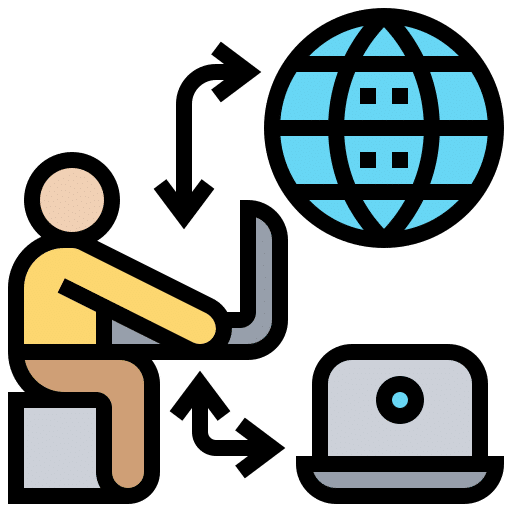
Lifetime Access
Another benefit of the course is that you receive lifetime access to recorded sessions of the classes you take. This means that even when the course is over, you will always have access to these sessions and can review them whenever you like.

24/7 Expert Support
We at Future Labs Technology provide warm 24/7 customer support for your questions regarding the course or classes or any other doubts will be solved instantly.

Certification
After completing your course with us, you will receive certificates. Unlike other certifications, we help you in getting the SAP course certification.
Frequent Asked Questions (FAQ's)
The SAP course at Future Labs Technology offers you expert knowledge about the current trends in the market.
There are 2 modes of payment modes available Online and Offline.
- Online - Paytm, Google Pay, etc.
- Offline - By Cash, and
- No-Cost EMI - if you can’t pay the whole payment, you can access the No-Cost EMI for payment of your course.
Yes, you will be assisted in Job Placements after completion of the course. We at FLT have a success rate of placing hundreds of students after completing our SAP course.
There are no such Eligibility/Qualification criteria for the course. We have students from class 12 to college students and industry professionals working in any field coming to us to learn SAP from us.
You will be provided with a proper certification after completing the course, an E-Certificate, and a printed copy of the same.
Yes, there are Demo classes available if you want to learn about the course and the study structure before making any further decisions.

Our Placement Partner
Your future in good hands – Trusted by top companies, our placement partners bring you closer to your dream career.


















Awards And Certification
Experience Excellence: Discover Our Award-Winning Company and Our Expertise Certified by Industry Standards.




Student Review's

The SAP BW training helped me land a job as a data analyst. The hands-on experience and expert guidance was invaluable.

The ABAP course was challenging, but the trainers were always there to guide and support me. I'm now an SAP developer.

I learned so much in a short time! The teacher was engaging and knowledgeable. Highly recommend this training institute.

The faculty at FLT is very welcoming and warm. They helped me a lot during my training and also cleared doubts that I had by giving me a recorded session of the classes.

I have successfully finished my SAP ABAP course from Future Labs Technology, where the faculty and trainers are highly knowledgeable professionals in the industry. I gained valuable insights from them, and my learning experience was really good.
Join Us Today
Whether you are a fresh graduate, an IT professional looking to upskill or someone looking for a career change, our SAP training in Noida is aimed at everyone. Enroll in Future Labs Technology and take the first step towards becoming a SAP expert.
Don’t miss this opportunity to transform your career with the best SAP course in Noida. Contact us today to inquire about our upcoming batches and start your journey into the world of SAP with Future Labs Technology!
Request More information
Work Hours
- 10:00 AM - 07:00 PM , Monday - Friday
- 09:00 AM - 07:00 PM , Saturday - Sunday
Copyright © 2023 Future Labs Technology | Powered By Future Labs Technology

